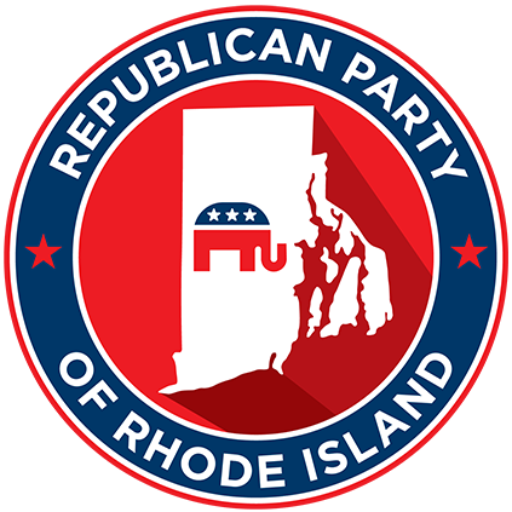Today, Joe Powers, Chairman of the Republican Party of R.I., has filed a complaint with the R.I. Ethics Commission regarding House Speaker K. Joseph Shekarchi. In 2017, Shekarchi, a land use attorney, pushed for and voted in favor of legislation which overrode local zoning and financially benefited his legal client, Gerald Zarrella. The legislation would have overridden the zoning of municipalities that prohibited large farm owners from hosting weddings on their farms for a fee. At the time this legislation was being considered by the General Assembly, Zarrella had a case on appeal before the R.I. Supreme Court regarding his ability to host weddings on his farm. Shekarchi’s conduct violated the R.I. Ethics Code.
Republican Party of R.I. Chairman Joe Powers commented:
“For about a month, we have been raising concerns that Shekarchi is pushing legislation which overrides local control over zoning and land use in order to benefit his clients. Shekarchi has denied this. Today we filed a complaint with the Ethics Commission which provides evidence that Shekarchi has done so in past. The R.I. Senate should not pass, and the Governor should not sign any Shekarchi legislation which overrides local control over zoning or land use until the Ethics Commission completes an investigation into Shekarchi and Shekarchi discloses to the public a complete list of his clients.”
An excerpt from the memorandum in support of the complaint:
Shekarchi violated R.I.G.L §§ 36-14-5(a) and 36-14-5(d) by supporting legislation which benefited his client. … This legislation was designed to financially benefit a very small group of large farms which were located in municipalities that prohibited farm owners from hosting weddings for a fee. Furthermore, the legislation would have benefited Shekarchi’s client to a greater extent than others since it could have ended a pending appeal before the R.I. Supreme Court appeal in favor of his client. … The Ethics Commission needs to make it clear that lawyers, when serving as a legislator, are supposed to do what is in the best interest of their constituents, not their clients.”

